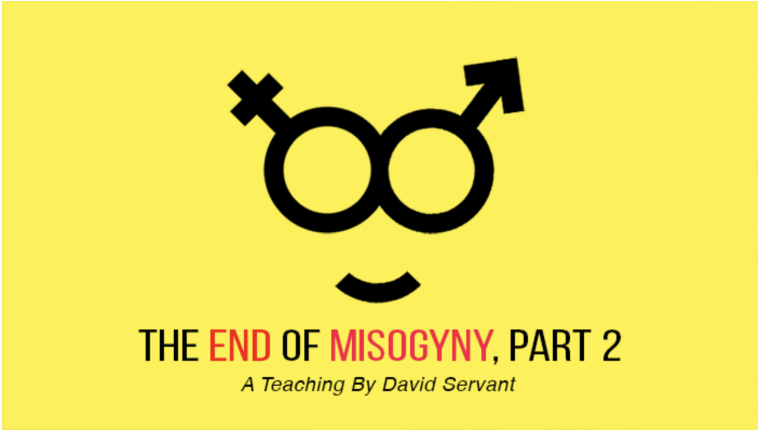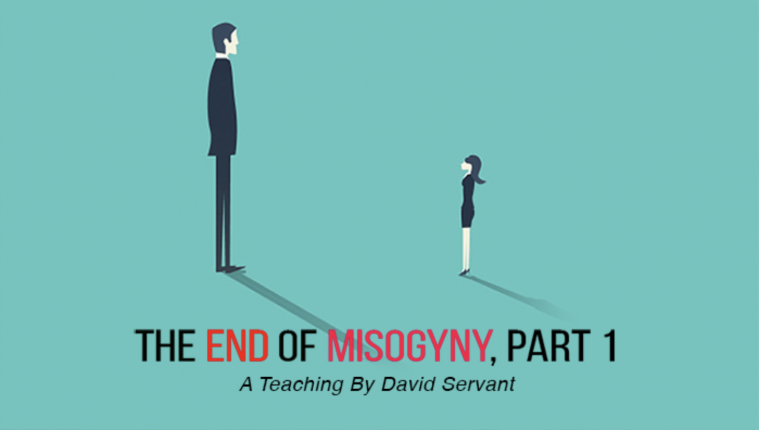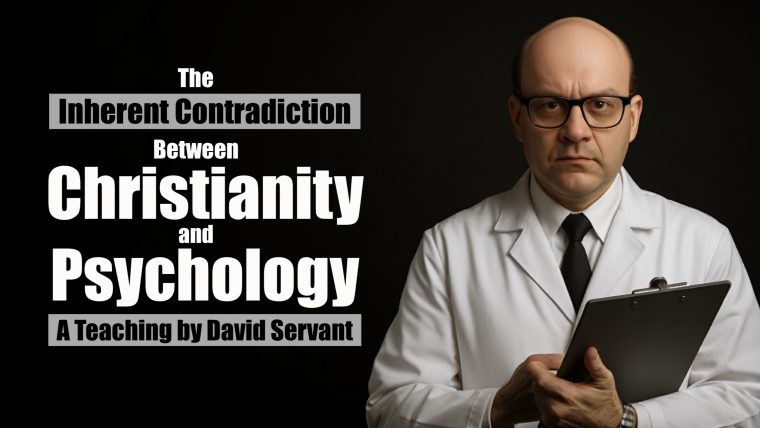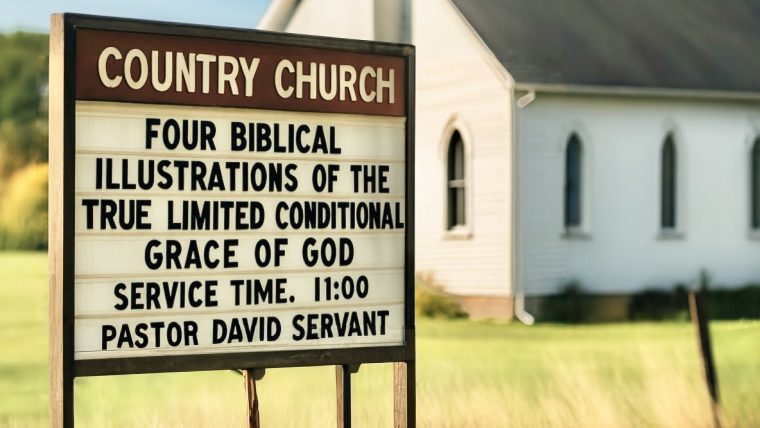
Charles Darwin concluded that women were inferior to men. He wrote in The Descent of Man, “males are more evolutionarily advanced than females,” and he believed that children and women had smaller brains and therefore were led more by instinct and less by reason. Darwin concluded: “Men attain a higher eminence, in whatever he takes up, than can women—whether requiring deep thought, reason or imagination, or merely the use of the senses and hands… We may also infer from the law of the deviation from averages, that the average mental power in man must be above that of women.”
In Darwin’s evolutionary-advanced brain, such thinking was obviously justified. If you are a member of the “more intelligent gender,” you naturally have an advantage over the “less-intelligent gender” to know that your gender is inherently more intelligent!
In my previous article, however, I tried to show that the Bible is not so misogynistic. On the contrary, the first female whom God created was custom designed to rescue the first male, turning his “not good” predicament into something “good.” Eve was the original Superwoman. (In fact, when Adam first laid his eyes on her, surely he gasped, saying, “Whoo, man!” No doubt it is from Adam’s stunned reaction, repeated every time he looked at his wife, that the modern word, “woman,” evolved…)









